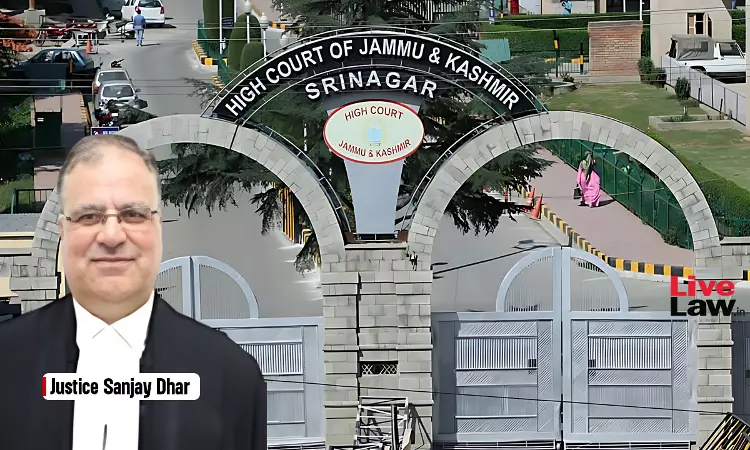The Jammu and Kashmir High Court has recently ruled that the validity of a dismissal order cannot be addressed within the confines of a proceeding under Section 33C(2) of the Industrial Disputes Act as the issue relating to validity of a dismissal order can by no stretch of imagination be termed as incidental to the proceedings under Section 33C(2) of the Act.Justice Sanjay Dhar...

